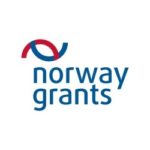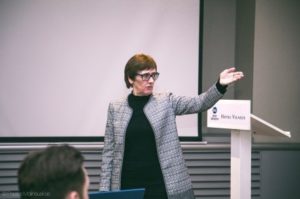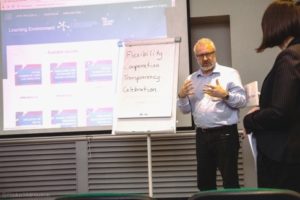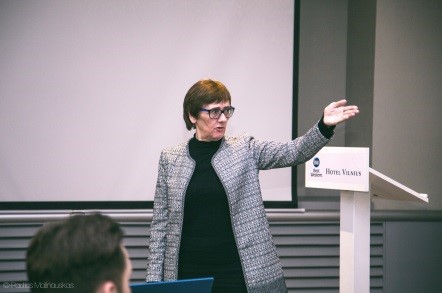Social Clustering in Public Sector

What valuable knowledge and skills the experts of public sector gained from the training on social cluster competence development programmes?
 In 2015 the project Promotion of Sustainable Development by Strengthening the Social Clustering in Public Sector, financed by Norwegian Financial Mechanism 2009-2014, was launched. The aim of the project is to contribute to the regional policy objectives, to promote sustainable development, to strengthen the capacity and cooperation in the social sector, as well as social clustering between local and regional partners. The project was initiated by Lithuanian University of Educational Sciences in cooperation with Norwegian partner „Flexible Education Norway“, Vilnius College of Design, Limited liability company Gintarinė Akademija, Lithuanian College of Democracy, Utena, Druskininkai, Prienai and Birzai District Municipalities and their subordinate institutions.
In 2015 the project Promotion of Sustainable Development by Strengthening the Social Clustering in Public Sector, financed by Norwegian Financial Mechanism 2009-2014, was launched. The aim of the project is to contribute to the regional policy objectives, to promote sustainable development, to strengthen the capacity and cooperation in the social sector, as well as social clustering between local and regional partners. The project was initiated by Lithuanian University of Educational Sciences in cooperation with Norwegian partner „Flexible Education Norway“, Vilnius College of Design, Limited liability company Gintarinė Akademija, Lithuanian College of Democracy, Utena, Druskininkai, Prienai and Birzai District Municipalities and their subordinate institutions.
As a result of the project, the competence development programmes were created for public sector institutions’ specialists aimed at increasing of administrative and public competences, comprising inter-institutional social partnership, inter-sectoral and inter-personal trust, systemic problem resolution both in public and private sectors.
 «The benefits and value of such trainings and competence development programs is long-term. Although the results of the project cannot yet be evaluated on the local or regional level, we can obviously see the changing approach of the project partners towards the social communication: on the websites of the partner institutions and organizations appears the new and specific information, related to trust, tolerance; we can notice the increasing awareness about volunteering, community movement and NGO initiatives. Development programmes, like safe and friendly neighbourhood, partnership between public, private and NGO sectors, philanthropy, etc. are implemented not only in the major cities and towns of Lithuania, but in the regions of the country as well”, – assoc. prof. Giedrė Kvieskienė from Lithuanian University of Educational Sciences explains the benefits of the training and competence development programmes.
«The benefits and value of such trainings and competence development programs is long-term. Although the results of the project cannot yet be evaluated on the local or regional level, we can obviously see the changing approach of the project partners towards the social communication: on the websites of the partner institutions and organizations appears the new and specific information, related to trust, tolerance; we can notice the increasing awareness about volunteering, community movement and NGO initiatives. Development programmes, like safe and friendly neighbourhood, partnership between public, private and NGO sectors, philanthropy, etc. are implemented not only in the major cities and towns of Lithuania, but in the regions of the country as well”, – assoc. prof. Giedrė Kvieskienė from Lithuanian University of Educational Sciences explains the benefits of the training and competence development programmes.
Assoc. prof. Giedrė Kvieskienė has shared the results of the European Union-based research, indicating that the EU average of adult learners in non-formal education amounts to 36.8 per cent, while in Lithuania it makes only 29, 9 per cent. Respectively, the EU average of adult learners in formal education equals to 6.2 percent and in Lithuania it is 4 percent.
“Competence development for adult people adds to strengthening of positive attitude towards their personalities, raises their self-esteem and self-confidence. Moreover, the capacity building and training has a significant impact on the learners’ reflections, related to better employment and career opportunities, financial status and community relations”, – declares assoc. prof. Giedrė Kvieskienė. “We expect that influenced by the project, the increasing inter-sectoral trust, the specialists of our country will consider heterogeneous development opportunities, including virtual learning modules, created as a result of the project, that will help to continuously acquire, improve and strengthen social cluster competencies.


